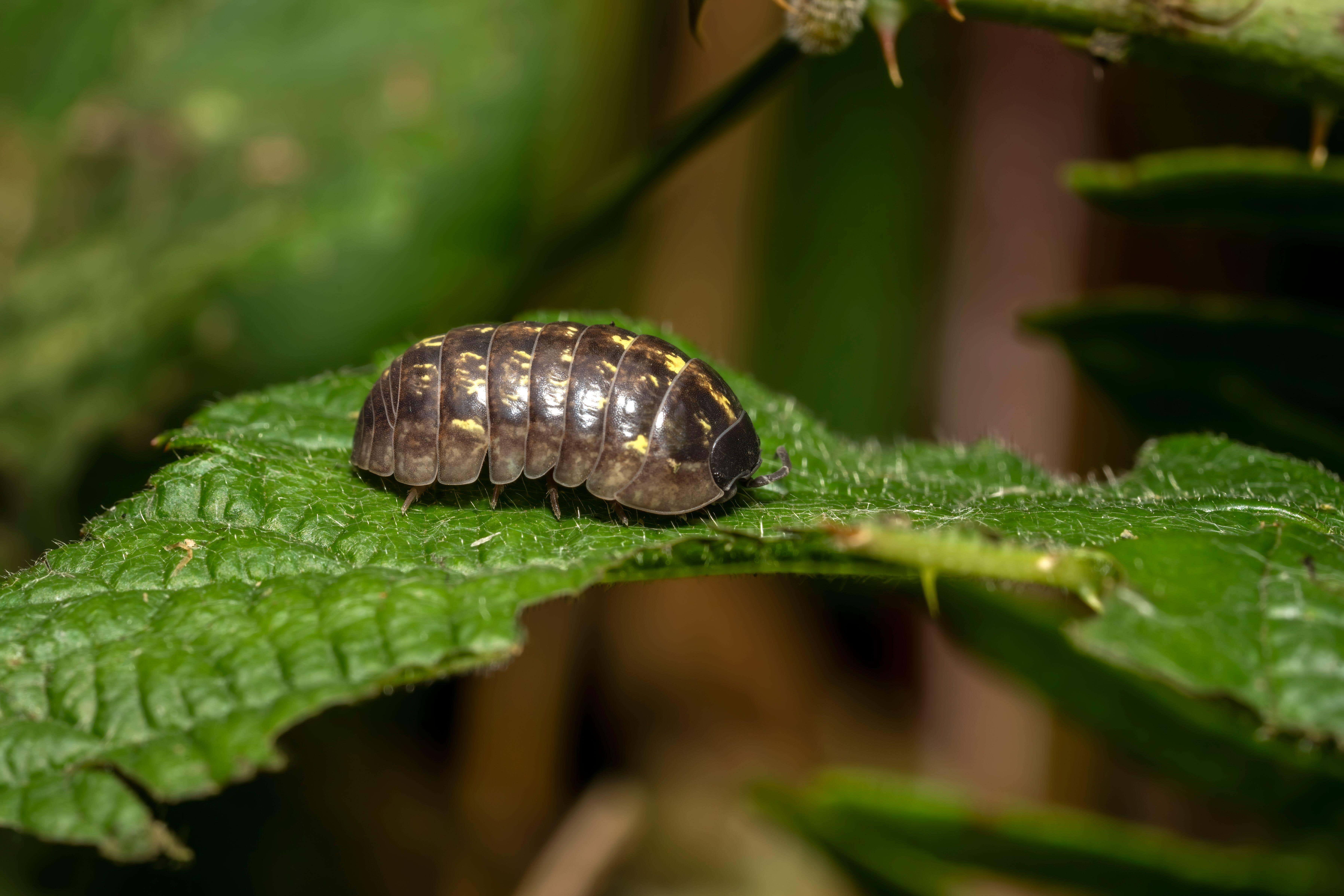Woodlice can spread seeds they eat, study suggests
Researchers say the findings highlight the crucial yet often overlooked role that small invertebrates play in ecosystems.

Your support helps us to tell the story
From reproductive rights to climate change to Big Tech, The Independent is on the ground when the story is developing. Whether it's investigating the financials of Elon Musk's pro-Trump PAC or producing our latest documentary, 'The A Word', which shines a light on the American women fighting for reproductive rights, we know how important it is to parse out the facts from the messaging.
At such a critical moment in US history, we need reporters on the ground. Your donation allows us to keep sending journalists to speak to both sides of the story.
The Independent is trusted by Americans across the entire political spectrum. And unlike many other quality news outlets, we choose not to lock Americans out of our reporting and analysis with paywalls. We believe quality journalism should be available to everyone, paid for by those who can afford it.
Your support makes all the difference.Researchers have discovered that woodlice can spread seeds they eat, setting a new record for the smallest animal recorded doing so.
The findings highlight the crucial yet often overlooked role that small invertebrates – insects – play in ecosystems, and may be cause to re-evaluate conservation strategies, scientists say.
Many plants produce fruits animals can eat so that they also eat the seeds and deposit them some distance away after they have been digested and released as waste.
The identification of novel seed dispersal agents among small invertebrates prompts a re-evaluation of conservation strategies...
For this to work smoothly, the animals need to be able to find the seeds, and the seeds need to be robust enough to not be damaged in the process, and small and smooth enough to actually pass through.
In the study researchers focused on the small fungi-eating silver dragon plant found across eastern Asia, known for its minuscule, robust seeds in a fleshy fruit.
During fruiting season they took photographs of the plants at regular intervals at night and identified which animals ate most of the fruit.
They then conducted feeding experiments on these creatures and other analyses on the seeds to see whether the plant’s seeds could pass through their digestive tracts intact.
The researchers from Kobe University, Japan, found that woodlice and earwigs consumed significant amounts of the seeds and showed a reasonable seed survival rate of more than 30%, setting a new record for the respectively smallest and most lightweight animals to partake in dispersing seeds after eating them.
Camel crickets ate more than half of the fruit and also showed the highest viability rate of the passed seeds.
According to the scientists, being able to rely on a greater variety of seed-dispersing animals probably benefits the plant, as this would allow its seeds to be carried to more diverse environments.
Kenji Suetsugu, a Kobe University botanist, said: “The identification of novel seed dispersal agents among small invertebrates prompts a re-evaluation of conservation strategies, emphasising the importance of preserving diverse habitats that support a wide range of species, including those previously considered ecologically insignificant.
“We aim to investigate whether similar dispersal mechanisms exist for other plant species, potentially uncovering a widespread ecological phenomenon that has been largely overlooked.”
The findings are published in the Plants People Planet journal.